News
-
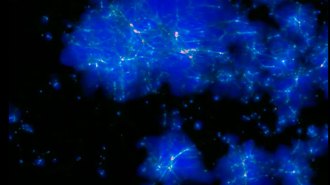 Astronomy
AstronomyA new supercomputer simulation animates the evolution of the universe
The detailed simulation shows the cosmos changing from a dark, featureless gas to a web of stars and galaxies radiating light.
-
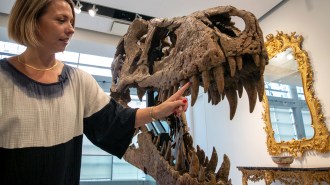 Paleontology
PaleontologyWhy the sale of a T. rex fossil could be a big loss for science
At least half of the roughly 120 known T. rex fossils are owned privately and not available to the public. “Maximus” may join them.
-
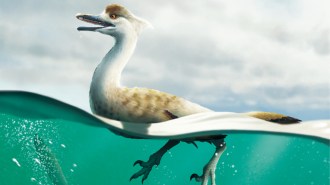 Paleontology
PaleontologyThis dinosaur may have had a body like a duck’s
Natovenator polydontus may have been adapted for life in the water, challenging the popular idea that all dinos were landlubbers.
By Nikk Ogasa -
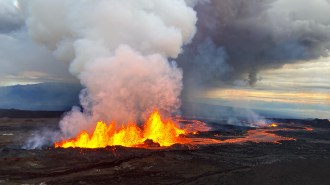 Earth
EarthHawaii’s Mauna Loa volcano is erupting. Here’s what you need to know
A geophysicist with the U.S. Geological Survey answers questions about the recent eruption of the world's largest active volcano.
-
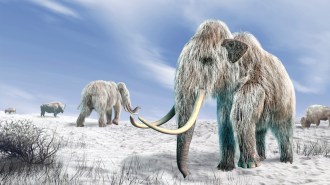 Paleontology
PaleontologyMammoths may have gone extinct much earlier than DNA suggests
Ancient DNA in sediments may be leading paleontologists astray in attempts to figure out when woolly mammoths and woolly rhinos died out, a new study argues.
By Bas den Hond -
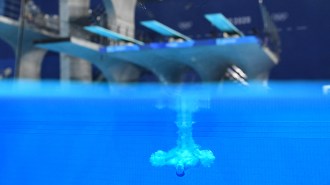 Physics
PhysicsPhysicists explain how to execute a nearly splashless dive
A pocket of air lets elite divers pull off the rip entry, breaking through the water without sending it flying.
-
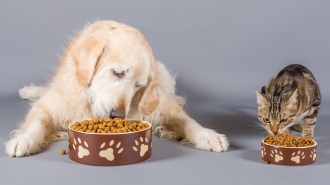 Animals
AnimalsDry pet food may be more environmentally friendly than wet food
The environmental cost of wet pet food is higher than dry food, scientists say. That may be because wet food gets most of its calories from animals.
By Meghan Rosen -
 Health & Medicine
Health & MedicineHow researchers are working to fill the gaps in long COVID data
Collaboration with patients and with researchers from many specialties is key to better understanding long COVID and managing its many symptoms.
-
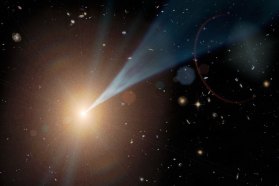 Astronomy
AstronomyHere’s why some supermassive black holes blaze so brightly
NASA’s IPXE X-ray satellite saw a telltale signature of shock waves propagating along a blazar’s high-speed jet, causing it to emit high-energy light.
-
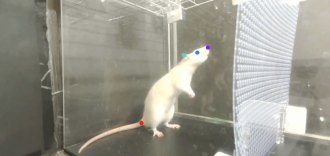 Neuroscience
NeuroscienceRats can bop their heads to the beat
Rats’ rhythmic response to human music doesn’t mean they like to dance, but it may shed light on how brains evolved to perceive rhythm.
-
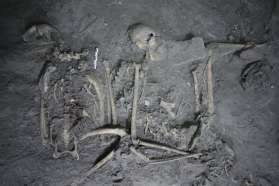 Archaeology
ArchaeologyA spider monkey’s remains tell a story of ancient diplomacy in the Americas
A 1,700-year-old spider monkey skeleton unearthed at Teotihuacan in Mexico was likely a diplomatic gift from the Maya.
By Freda Kreier -
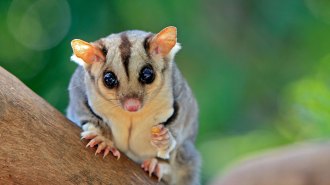 Animals
AnimalsLong considered loners, many marsupials may have complex social lives
Some marsupials may be more sociable than previously thought, opening the door to a possible deep legacy of social organization systems in mammals
By Jake Buehler